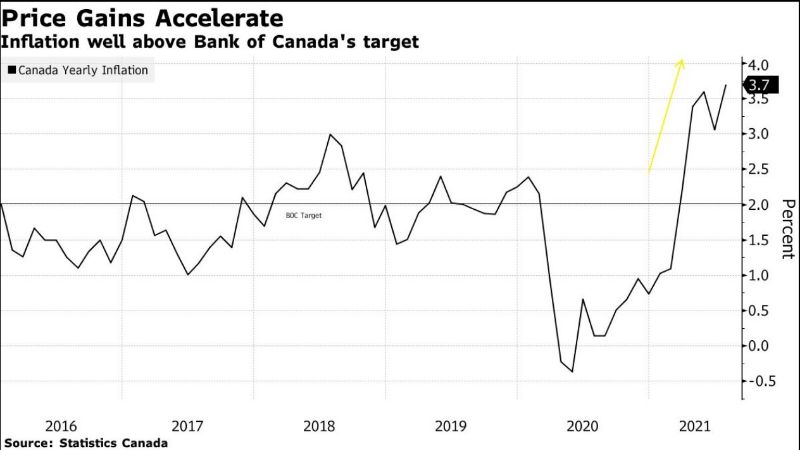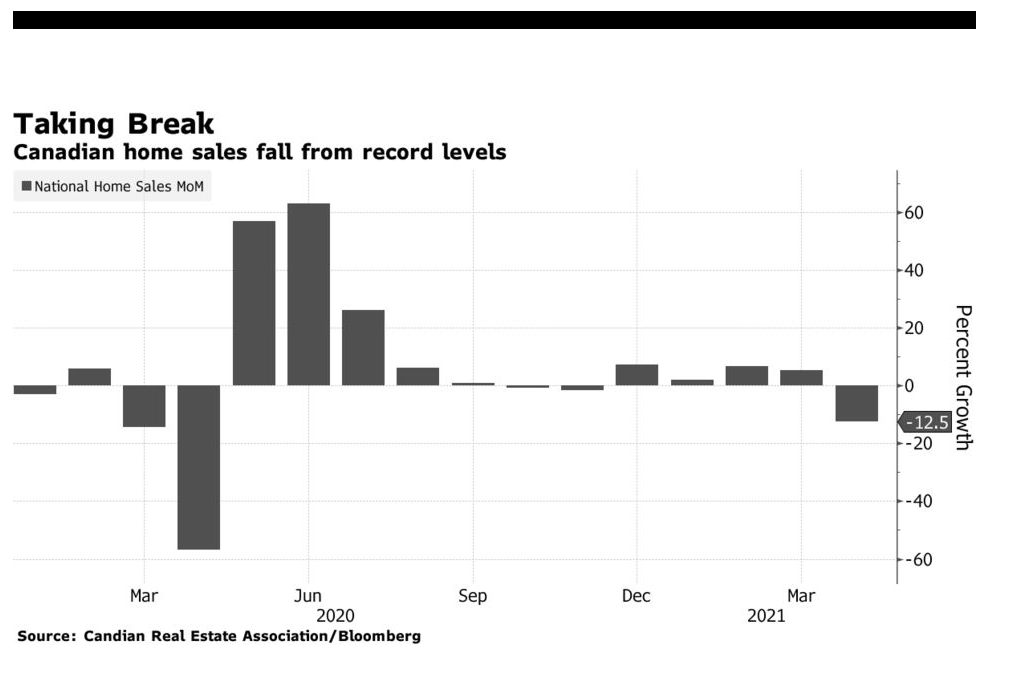At Dominion Lending Centres, we are fortunate to have our own Chief Economist, Dr. Sherry Cooper. Sherry is an award-winning authority on finance and economics with over 30 years of bringing economic insights and clarity to Canadians. Here is an excerpt of BC’s recent budget.
“There is no change in the tax treatment of capital gains or stock options, despite continued rumours and speculation.”
With respect to housing, Ottawa will support the collection of data regarding foreign purchases of Canadian residential real estate, providing additional funding to Stats Canada working with CMHC and BC.
Hopefully, governments at all levels will refrain from discouraging foreign investment in housing in a misplaced effort to create more affordable housing. The budget does express concern about affordable housing by investing $2.3 billion over two years for social infrastructure in communities where it is most needed.
Budget 2016 states that “stable and secure housing markets protect the greatest investment of many middle-class Canadian families. On December 11, 2015, the government announced coordinated actions to strengthen the resiliency of Canada’s housing finance system, increase market discipline in residential lending, and promote long-term stability and balanced economic growth. The government will continue to closely monitor vulnerabilities related to housing and consumer debt and is prepared to implement further measures, should they be needed.”
This is all good—no messing around with the housing market in this year’s budget, but reasserting a watchful eye on excesses and potential bubbles.
There is a growing concern among U.S. hedge fund managers regarding the Canadian housing market and Canadian household debt as many expect a U.S.-style meltdown in Canada, similar to what happened in the U.S. in 2007-2009. This is nothing new, as Canadian pundits and media have been suggesting something similar for several years now. However, vigilance against fraud and insufficient qualifying conditions for credit is important to maintaining the financial stability of our economy and our financial institutions.
Household debt levels are at record highs relative to income and interest rates are at record lows. The Bank of Canada estimates that roughly 8% of households are severely indebted and vulnerable to rising interest rates in the future and/or a job loss owing to economic shocks.
The use of homes as piggy banks is a concern as home equity lines of credit have grown rapidly. As well, auto loans and credit card borrowing may well be too readily available for a segment of the population that is overstretched.
Budget Fundamentals
As expected, the current fiscal year budget deficit is forecast to come in at just shy of $30 billion ($29.4 billion, to be exact) and to fall only a bit next year (to $29.0 billion), nearly three times the size of deficit promised during the election campaign. As well, deficits will remain over the five-year forecast horizon. There is some cushion here in that these numbers include a $6 billion contingency reserve. But to the surprise of some, there is no estimate of when the federal budget will be balanced.
Despite these large deficits, the federal debt-to-GDP ratio–while rising in the fiscal year (FY) that begins April 1 from 31.2% to 32.5%–will fall over each of the next five years to end FY 2020-21 at 30.9%. Canada has the lowest debt-to-GDP ratio by far in the G7, so no worries here. With interest rates so low, debt servicing costs have dropped sharply.
Dr. Sherry Cooper, “Budget 2016—Billed as ‘Growing the Middle Class’,” Dominion Lending Centres, accessed March 28, 2016, http://sherrycooper.com/articles/budget-2016-billed-as-growing-the-middle-class/


